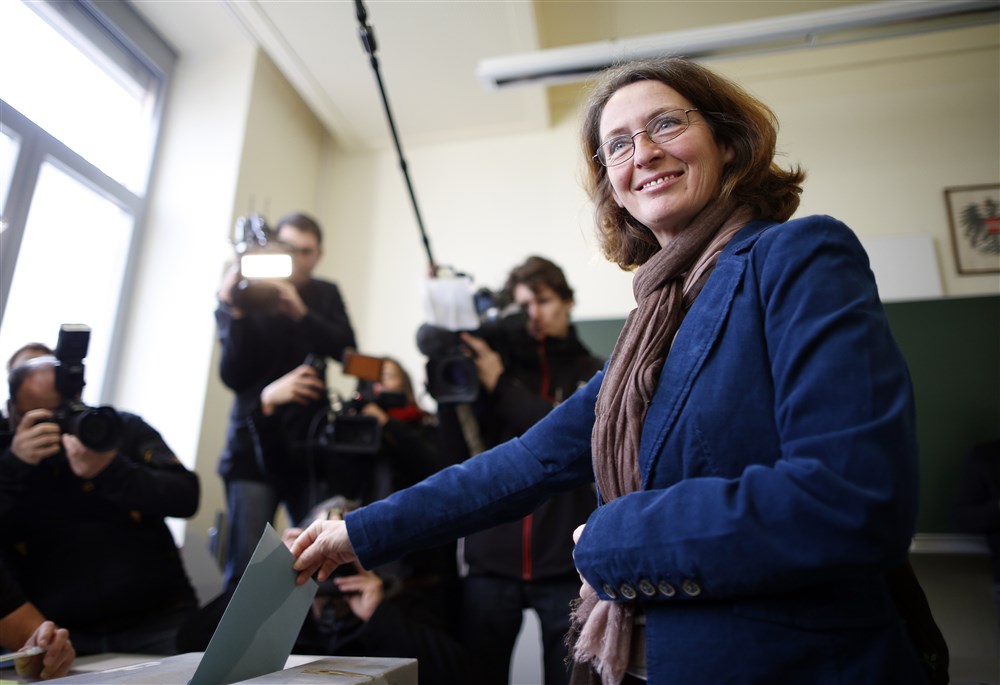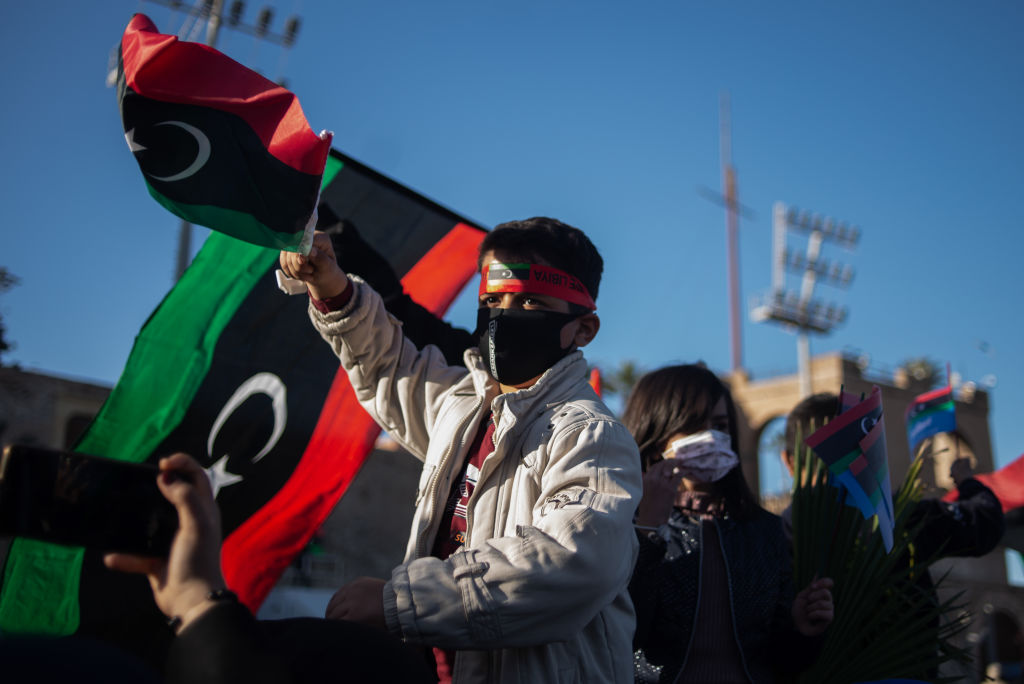The EU’s foreign policy is the progenitor of a new era in international relations – or so argues a 2009 essay in the renowned journal Foreign Policy. The essay describes Brussels as the first “metrosexual superpower”. Europe, the author Parag Khanna wrote, is “stylish” on the catwalk of global diplomacy while the United States is a bumbling rube.
This argument – which could have qualified as satire – betrays one of the EU’s biggest problems: the continued notion that its geopolitical weakness is, in fact, its hidden strength.
Europe, we are told, does not need to be a major military power because it seduces the rest of the world via its demonstrated commitment to liberal democracy and material prosperity. It is also true, however, that even if the EU would want to be a military power it most likely could not.
In 1995 it was decided that the European Community should have a Rapid Reaction Force and develop capabilities for quick interventions during international crises. Nothing has been rapid or forceful about this plan: after being in bureaucratic purgatory for 17 years, it was abandoned in 2012.
A similar project, the creation of so-called EU Battlegroups was initiated in 2005. Current status: Brussels hopes that by 2025 there will be a ready-for-action group of 5,000 soldiers.
The EU has a population of 446.7 million and is a community of some of the richest countries on the planet. Yet it seems to be incapable of putting together a military force of 5,000 soldiers in over two decades.
What this tells us is that Khanna’s “geopolitical metrosexuality” is not so much a choice than an excuse. A Gallup poll from 2015 shows that only 25 per cent of Western Europeans would be willing to fight for their country in the case of war, compared to 44 per cent in the US, 59 per cent in Russia, 62 per cent in Ukraine, and 83 per cent in the Middle East and North Africa. When it comes to the risk of military conflict, European solidarity begins to crumble quickly.
In the wake of the Ukraine war some countries like Austria or Hungary have adopted a policy that puts the perceived national interest above a common European position. Others like France have started to pursue their own version of geopolitics.
Even the much celebrated accession of Finland and still in limbo and waiting to be approved Sweden to Nato must ultimately be seen as a rebuke to European geopolitical ambitions. Neither Helsinki nor Stockholm put their faith in an EU led defense alliance, but would rather trust the US dominated North Atlantic Alliance with their defence and security needs. Nato itself, it is worth mentioning, is struggling with its Rapid Response Force since EU member states are notoriously stingy when it comes to defence spending.
The truth is that most Europeans are historically exhausted by international politics, and have no interest in participating in the power play of great powers. The French get more riled up by a modest increase in their retirement age from 62 to 64 than by the European loss of global status. The newly elected head of the Austrian Social Democrats sees his primary political goal as a mandatory reductions of the working week from 40 to 32 hours and believes that the EU is a worse and more “aggressive military alliance” than Nato.
Not surprisingly, most Europeans would prefer to stay neutral in a conflict between the US and China over Taiwan: 23 per cent say Europe should support the US, while 62 per cent prefer a neutral position.
Similarly surprising results are revealed about how many Europeans view future relations with Russia after the end of the war: only 18 per cent want as far as possible to keep relations in the freeze, while 48 per cent prefer limited cooperation and 21 per cent unlimited cooperation. Even the public in Poland, a country that no one suspects of harbouring exaggerated sympathy for Russia, is not for an end to all cooperation. While 39 per cent would support such a policy, 50 per cent see future cooperation with Moscow as necessary and inevitable.
The European approach to foreign policy is not some great innovation, let alone metrosexual. In fact it reflects a desperate desire to maintain the status quo as long as possible.
There is a reason why Russia’s annexation of Crimea led only to a limited outcry and did not cause any major disruption in economic relations between the Russian Federation and the EU. The failed 2022 Russian offensive and the prolonged war in Ukraine made a similar approach impossible. But it remains likely that once the war ends, Brussels will support a return to the pre-conflict status quo – or something approaching it – much more quickly than many now believe.
Ralph Schoellhammer teaches at Webster University, Vienna






The Commission’s Green Deal will make the EU dependent on China for minerals and technology